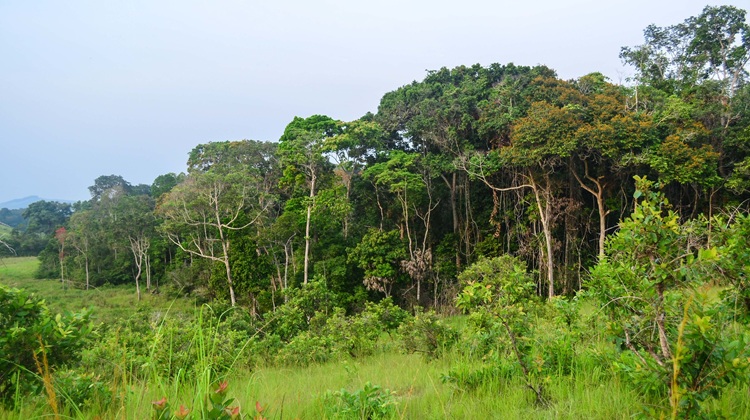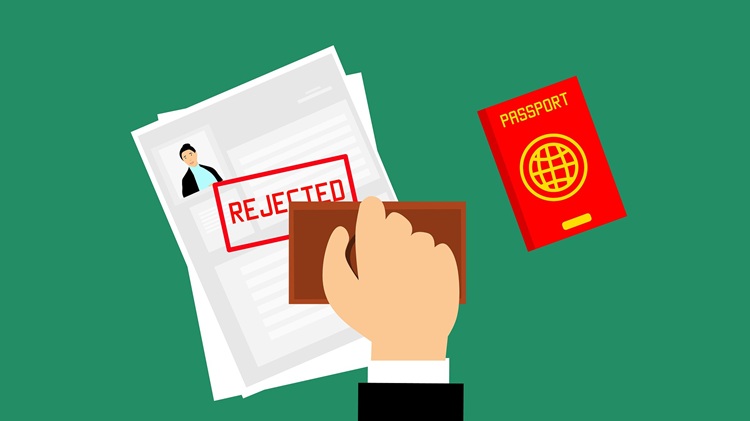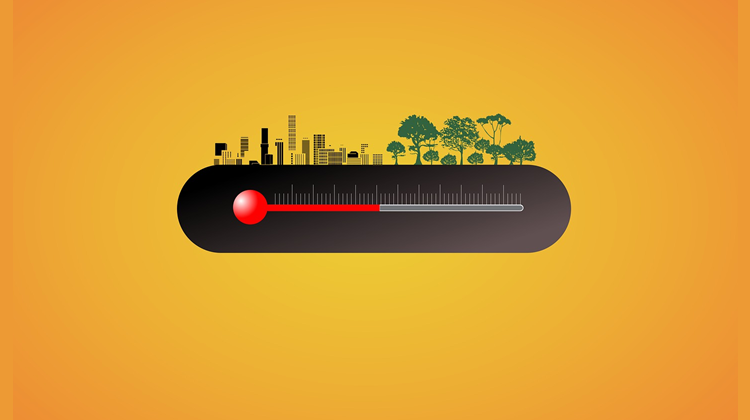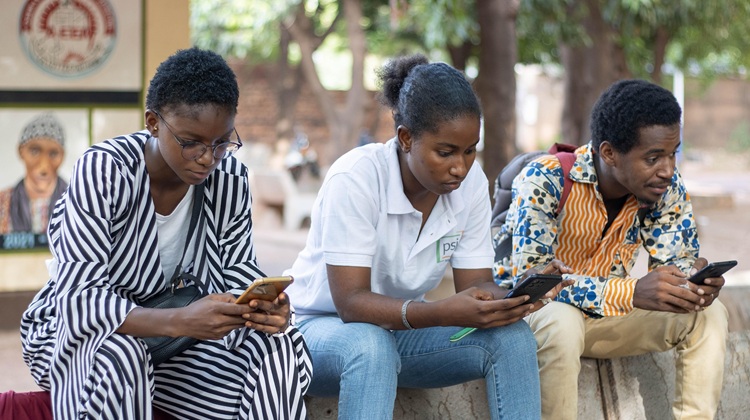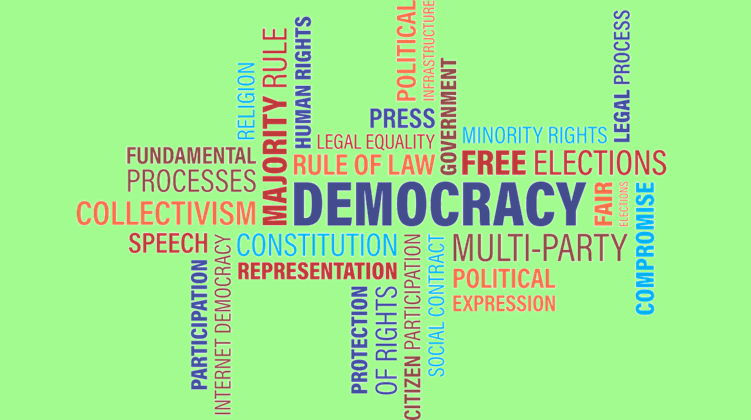SA foreign policy must balance constitutional values and national interest
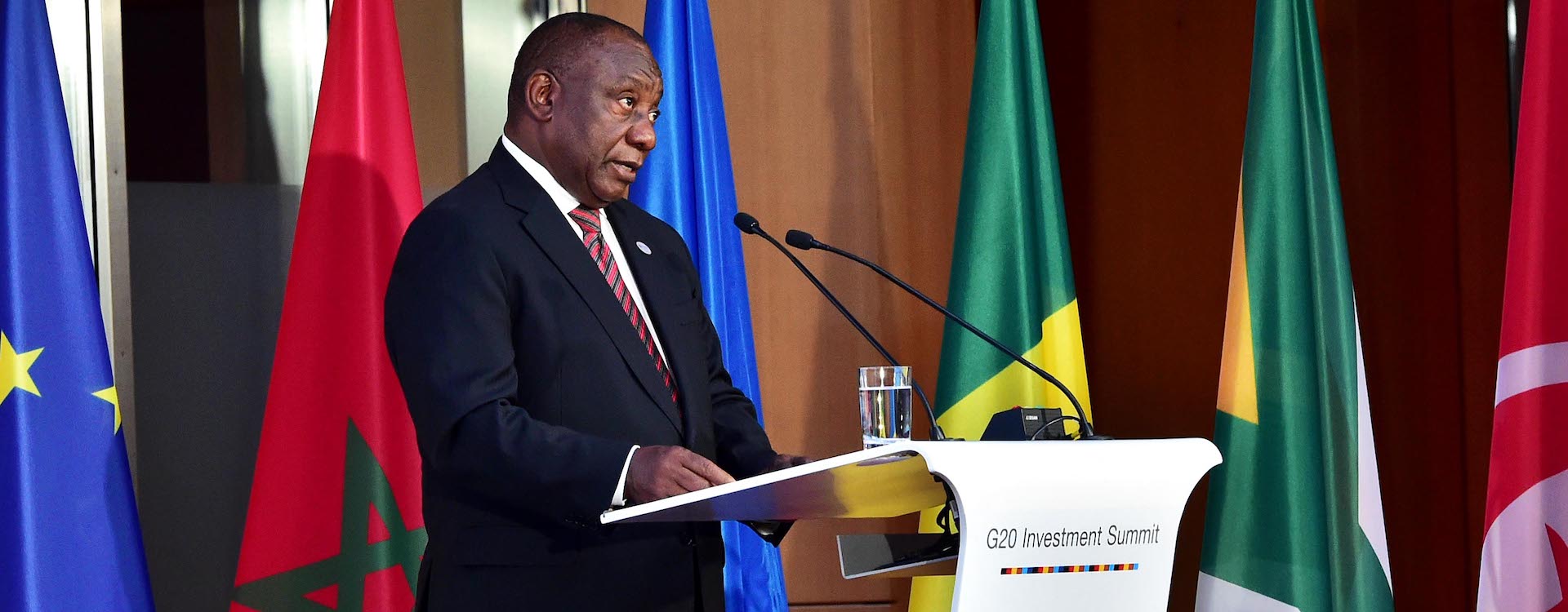
South Africa should align its foreign policy with development priorities and agree to defend open, democratic societies.
South Africa’s foreign policy seems rife with confusion and lack of principle. Capacity in the Department of International Relations and Cooperation (DIRCO) has deteriorated in recent years as the country stumbles from one crisis response to the next.
This is publicly most apparent in its de facto alignment with Russia on that country’s invasion of Ukraine, the fumbled response to United States’ (US) accusations that South Africa supplied arms to Russia, and the damaged Western-dominated trade relations that could follow.
South African foreign policy should balance principles (as reflected in the country’s constitution) with pursuing its national development interest. It should be about building a better South Africa, including advancing freedom from threats to individual rights, democracy, economic growth and foreign invasion.
Current policies achieve the reverse, particularly when it comes to railing against its major trading partners. Incoherence and ineffectiveness are evident across most areas of government, reflecting a huge, disjointed cabinet and a civil service that focuses on representation rather than efficacy as a sign of progress.
SA faces an uphill challenge in regaining credibility as a responsible actor in Africa and internationally
DIRCO doesn’t operate in isolation and considers a broad context that includes the policies of the African National Congress (ANC), which obtained 57% of the national vote in the 2019 elections. It’s almost sure to lose its national majority in the 2024 elections, however, probably falling significantly below that in the provinces of Gauteng and possibly KwaZulu-Natal. The ANC is increasingly out of step with what citizens want – a capable, well-governed state that is respected internationally.
The ANC will likely continue governing nationally in coalition with one or more smaller parties until 2029. But in Gauteng and KwaZulu-Natal, opposition parties have a chance to put a governing alliance together that excludes the ANC. In KwaZulu-Natal, much will depend on murmurings about former president Jacob Zuma joining the Economic Freedom Fighters (EFF).
Effectively a rural party, the ANC will, in 2024, have lost power in all the heavyweight provinces. Come 2029, there is a real chance for an opposition alliance to govern nationally. That will present its own challenges given the diversity in external orientations among the current contenders.
Whatever the election outcome in 2024 and 2029, South Africa faces an uphill challenge in regaining credibility as a responsible actor in Africa and internationally. The constitution says courts must promote the values that underlie an open and democratic society based on human dignity, equality and freedom. Among such considerations are international laws, which include non-aggression and the threat or use of force against the territorial integrity of another state.
Instead of advancing peace, cooperation and human rights, ANC policy leans toward conspiracy thinking, statist ideology and anti-Western biases. These views coexist with anti-migration sentiments and xenophobia, evident in government policies regarding skilled inward migration and responses to popular anger in townships that often target poor foreigners from other African countries.
Foreign policy should be about building a better SA, but current policies achieve the reverse
South Africa seems to pursue a unique version of non-alignment where we believe the rest of Africa is also still fighting the Cold War, that BRICS (Brazil-Russia-India-China-South Africa) is already globally dominant, and where we can proceed in our depiction of Cuba and Zimbabwe as victims of external evil.
The most glaring of these is surely South Africa’s tacit endorsement of aggression by Russia – a United Nations (UN) Security Council permanent member that violated the UN Charter by invading another, deliberately targeting civilians and threatening the use of nuclear weapons. These are not trivial matters. They cut to the heart of the rules most countries have set in pursuit of stability globally.
Economic growth is the foundation for South Africa’s stable future. Every decision and utterance by members of the cabinet or DIRCO on foreign matters should be informed by the benefits and costs for trade, investment and growth, framed within the country’s constitutional values.
The focus must be on pursuing investment opportunities for South African businesses in Africa and unlocking opportunities for international investment here. We must facilitate inward skilled migration instead of throwing every obstacle in its path, fix trade corridors and improve the country’s position in the ease-of-doing-business indices.
Foreign policy should advance and protect international trade relations and improve investment opportunities in South Africa from China, Europe, India, the US, Israel and the global south. It should also enhance investment opportunities for local companies in Africa.
South Africa desperately needs foreign direct investment, but the current trend is for the reverse
South Africa desperately needs foreign direct investment, but the current trend is for the reverse. Foreigners and citizens are selling off South African assets by the tens of billions of rand, driven by increased electricity cuts, the country’s grey-listing and economic volatility globally. The government’s tacit support of Russia’s aggression in the face of an economy largely dependent on relations with Western trading partners is also a factor.
Perhaps the ANC government’s largest domestic policy failure has been how it has pursued black economic empowerment. Fixing the civil service must be a priority if South Africa is to reverse the collapse of soft and hard infrastructure that blocks economic growth. In the international relations sphere, professionals, not politicians, must be appointed to represent South Africa in its embassies. And each embassy needs a work plan and targets for advancing South African exports to that country and gaining inward investment.
South Africa must align its foreign policy with its development priorities. It must agree on the defence of an open and democratic society based on human dignity, equality, freedom and international law as reflected in its constitution.
This article was first published in ISS Today
Image: © GCIS/Flickr

